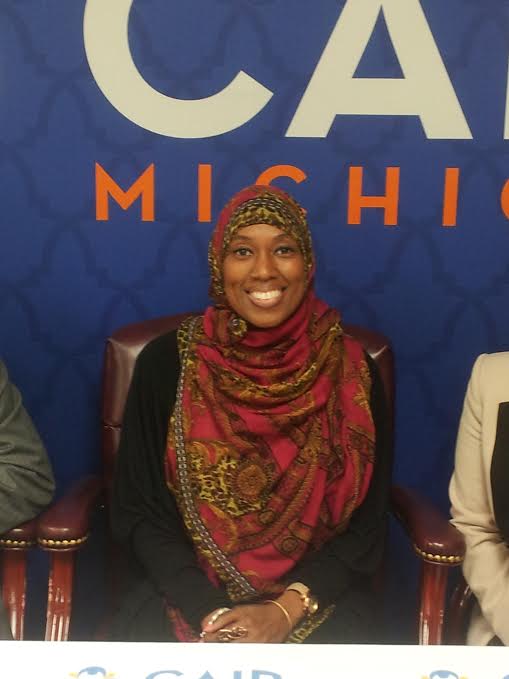A Baptist state newspaper editor says a Muslim flight attendant who sued ExpressJet airlines for suspending her because she refused to serve alcohol to passengers could be a test case on whether courts use a double standard in adjudicating religious liberty claims.
The Michigan chapter of the Council on American-Islamic Relations filed a lawsuit Aug. 5 in United States District Court in eastern Michigan claiming the airline refused to accommodate flight attendant Charee Stanley’s sincerely held religious beliefs even though accommodation imposed no undue hardship for her employer.
“Employers are obligated to provide reasonable accommodations of the religious beliefs of their employees,” said CAIR-MI Legal Director Lena Masri. “ExpressJet wrongfully revoked the religious accommodation it directed Ms. Stanley to follow, and retaliated against her for following it by wrongfully suspending her employment.”
An Aug. 24 editorial in the Tennessee Baptist Convention journal Baptist and Reflector said Christians should monitor the case in light of Christian bakers and florists who have been sued for refusing to lend their services to a same-sex wedding.
“If the court rules in favor of the Muslim stewardess and agrees that her religious rights were violated, Christians certainly have a right to question why the law applies to other religions, but not Christianity,” wrote Editor Lonnie Wilkey.
Wilkey said it is well-documented that a lot of recent court rulings — including last year’s U.S. Supreme Court ruling legalizing same-sex marriage — “have not been very favorable to Christians and/or Christian-based beliefs.”
“Whereas religious liberty used to be considered a given in our nation, it no longer can be taken for granted,” Wilkey said. He cited an example from a neighboring state, Kentucky county clerk Kim Davis, who spent five days in jail for refusing to issue same-sex marriage licenses based on her religious beliefs.
Wilkey said the Muslim flight attendant’s case could shed light on whether the courts are indeed anti-religious liberty. “My theory is that the courts are more anti-Christian than anything else,” he added.
“If a Muslim does not have to serve alcohol even though the job demands it, then why should a Christian have to bake a wedding cake for a same-sex couple?” the editorial asked. “Religious liberty is religious liberty, isn’t it?”
Stanley filed the lawsuit after the Equal Employment Opportunity Commission dismissed her complaint in May, finding the evidence that ExpressJet violated Title VII of the Civil Rights Act inconclusive.
The saga of Kim Davis, an apostolic Christian who went overnight from obscurity to a poster child for the Religious Right, finally came to an end Aug. 18 when a federal judge dismissed three lawsuits against her, finding “there no longer remains a case or controversy” since Kentucky changed its marriage license form to no longer require signature by the county clerk.
Wilkey isn’t the first Baptist state paper editor to question whether the religious liberty playing field is equally level for Muslims and Christians. Christian Index Editor Gerald Harris sparked controversy June 6 by suggesting Muslims aren’t entitled to First Amendment protection because “Islam may be more of a geopolitical movement than a religion.”
Previous story:

